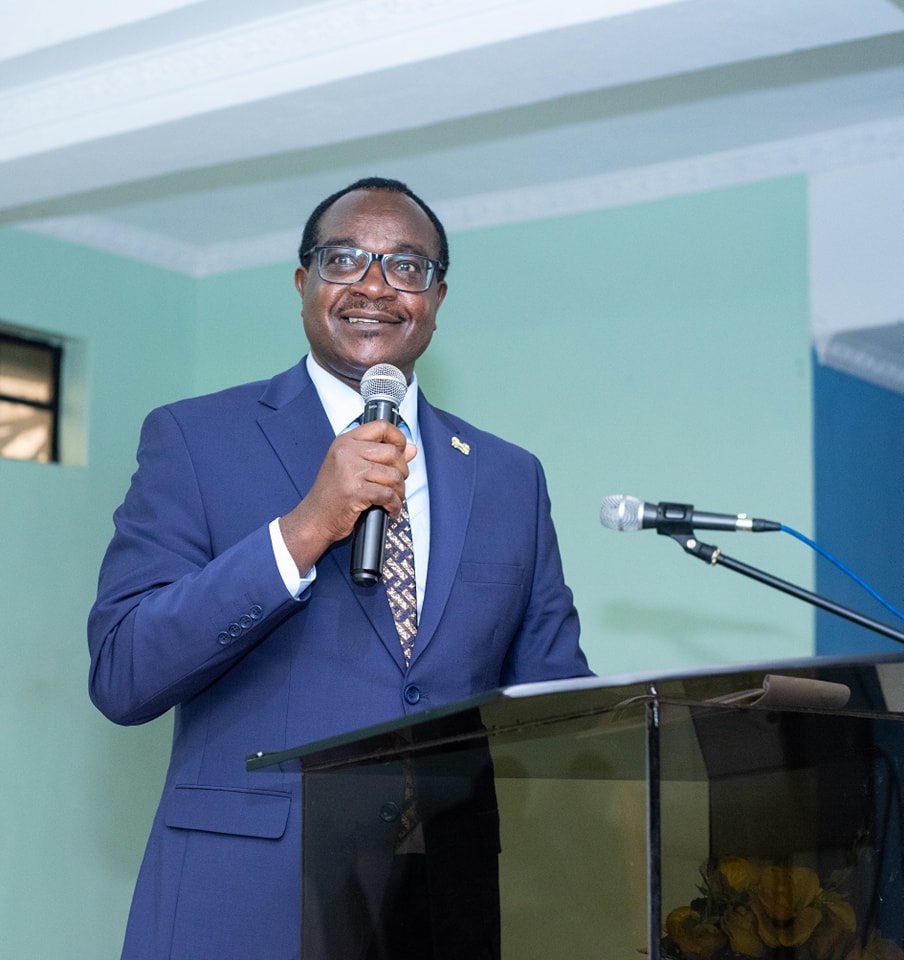Education CS Julius Ogamba Reinstates Mathematics as a Compulsory Subject
Education Cabinet Secretary Julius Ogamba has instructed that some form of mathematics be reinstated as a mandatory subject in senior secondary schools.
During the National Conversation on the Competency-Based Curriculum held on Thursday, Ogamba indicated that the ministry has taken into account the concerns of the stakeholders and has concluded that some form of mathematics should be made obligatory across all pathways.
“The majority of the stakeholders during the CBC dialogue expressed the opinion that mathematics ought to be compulsory in senior school. We have attentively considered your concerns, consulted with the Kenya Institute of Curriculum Development (KICD), and have come to a resolution that some form of mathematics must be mandatory for the other two pathways that do not focus on STEM,” Ogamba stated.
As per the CS’s announcement, under this new directive, students pursuing the STEM pathway will engage with pure mathematics, while the other two pathways will involve a simplified version of mathematics.
Ruto KNEC Exams President William Ruto distributing examination papers during a previous series of the national exams. PCS
“We will ensure that the STEM pathways include pure mathematics and that the other two pathways incorporate a form of mathematics so that mathematics is present in all three pathways in senior school,” the CS elucidated.
In contrast to the 8-4-4 curriculum, which mandated mathematics as a compulsory subject, the ministry had previously allowed students in senior school the option to forgo the subject based on the pathways they selected.
The ministry categorized the pathways into three: Arts and Sports Science, Social Sciences, and Science, Technology, Engineering, and Mathematics (STEM), which permitted students opting for the first two pathways the opportunity to exclude mathematics.
Ogamba has, however, rescinded this decision and mandated that these two pathways will entail some form of mathematics.
His decision to reinstate the requirement follows intense discussions among Kenyans and relevant stakeholders, who contended that it was an imprudent choice and could present challenges that may affect Kenya’s workforce and economic sustainability.
The CS assured Kenyans and the stakeholders that their perspectives within the education system are esteemed, and the Ministry is committed to considering their insights earnestly in an effort to refine the CBC curriculum, which has faced criticism.
“It is a vital element that we have acknowledged the opinions of Kenyans, and this feedback is an important contribution from the stakeholders, reflecting the significance of stakeholder dialogue,” Ogamba remarked.
Ogamba has urged the stakeholders and the general populace of Kenyans to endorse this new initiative.
Currently, the CS and Principal Secretary Julius Bitok are diligently working on addressing the CBC transition in Kenya. Their primary focus is on ensuring quality education and resolving challenges related to teacher preparedness, school infrastructure, and public concerns regarding the implementation of CBC.
